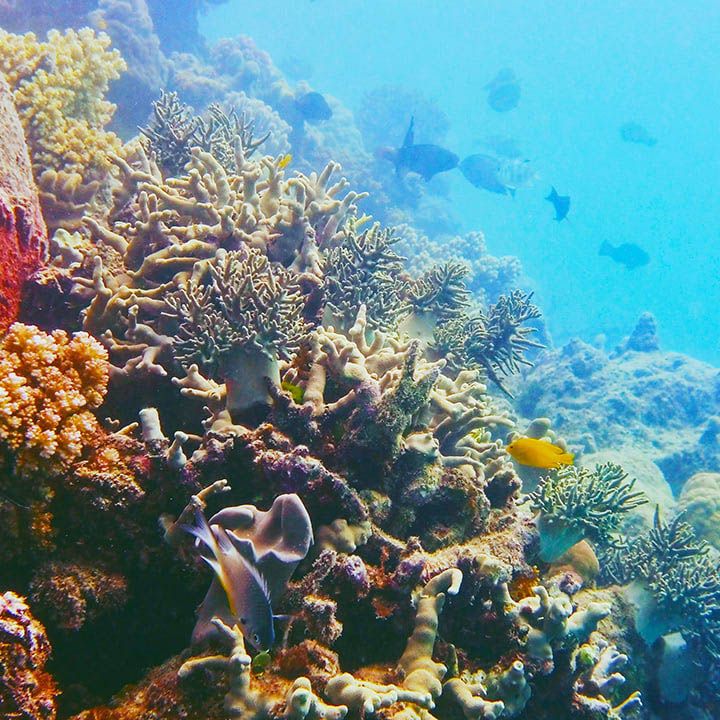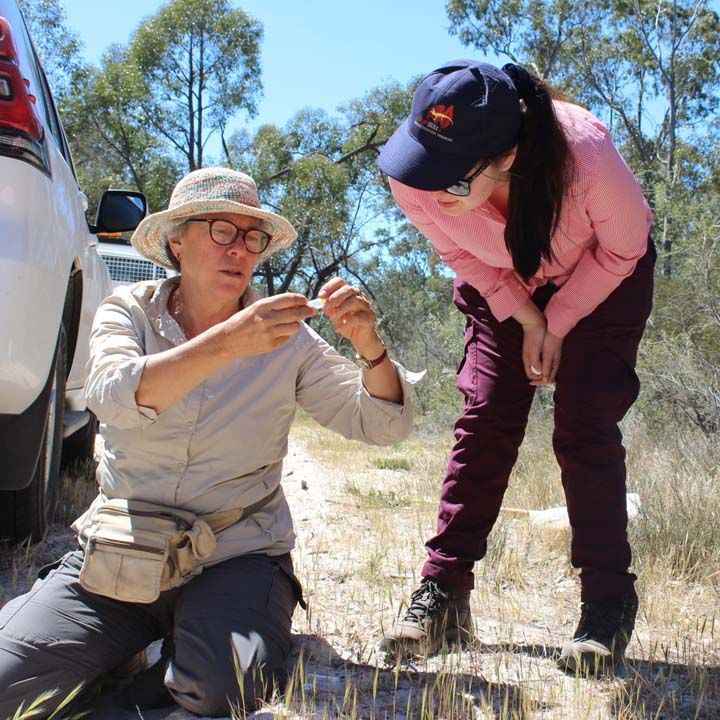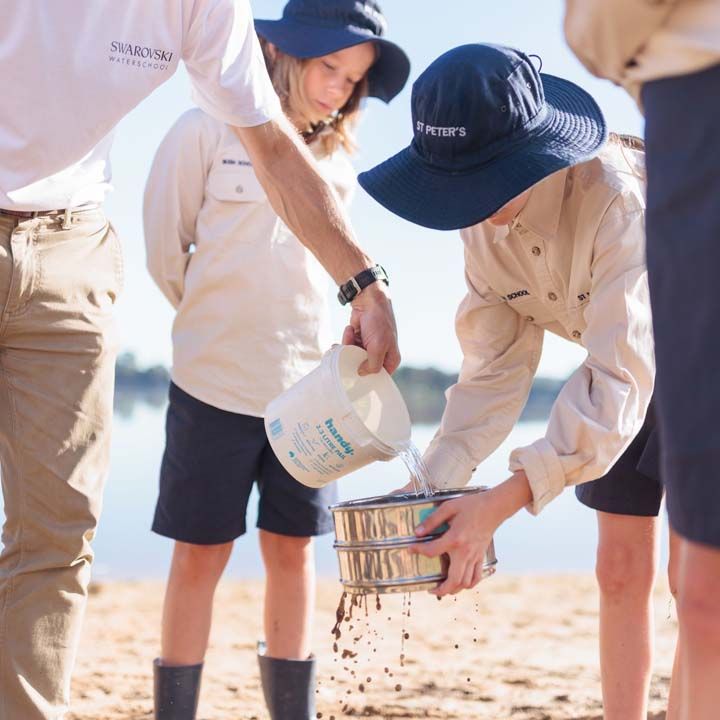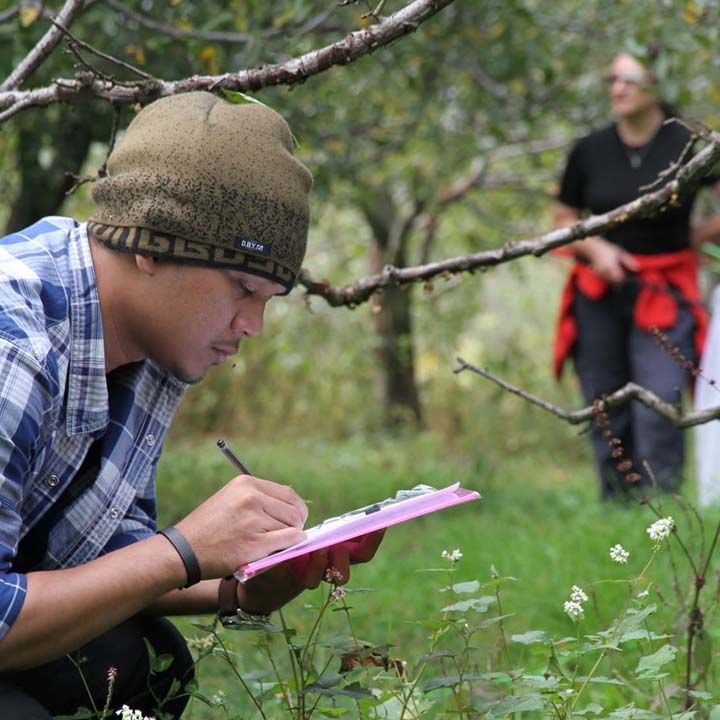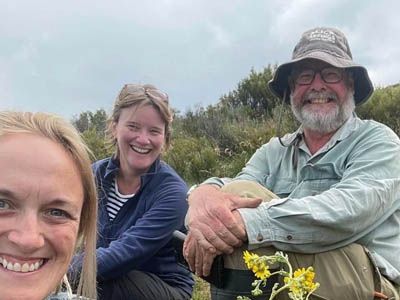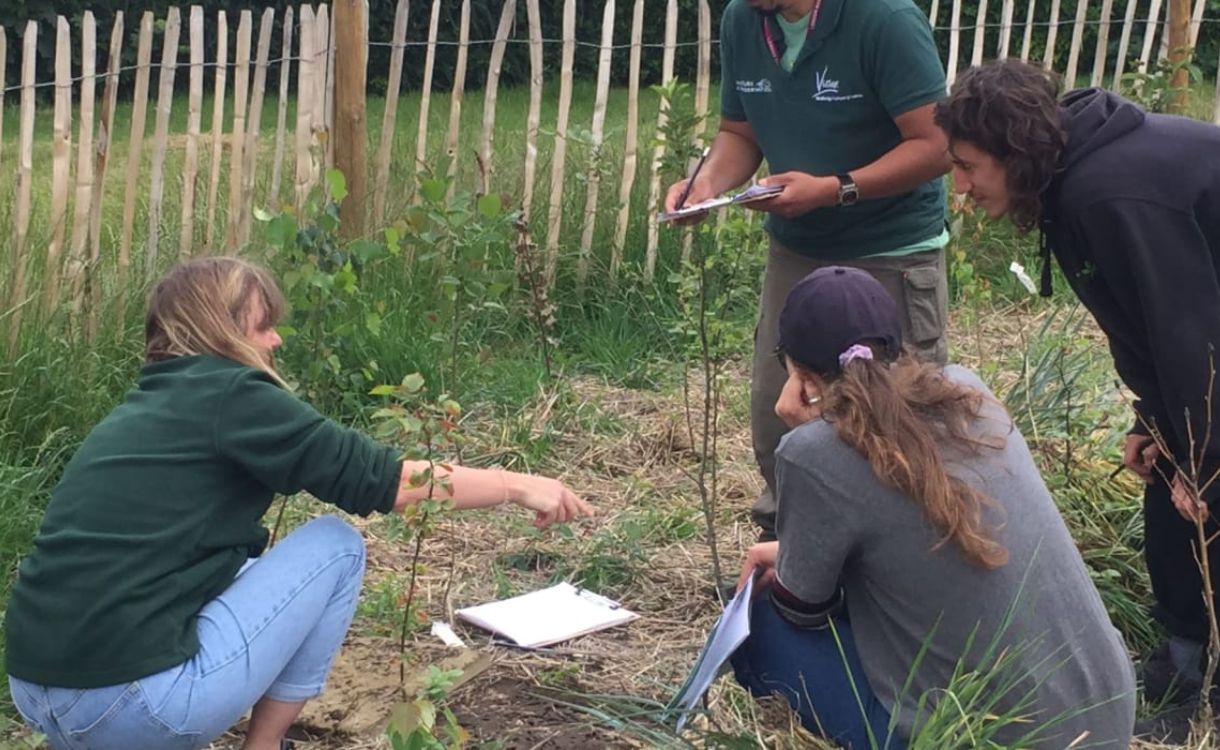Help us plant Tiny Forests
We invite you to come along and help build our brand-new Tiny Forest located at Fraser Street Reserve, Glen Waverley.
Empowering people to save the natural world
We are a research charity working to create positive behaviour change for the environment.
We bring people, science and nature together to create transformational experiences.
Travel with purpose
Earthwatch expeditions take you off the beaten path to discover nature as you’ve never experienced it before.
Work alongside scientists, collecting valuable data that helps protect threatened wildlife, habitats and ecosystems all around the world.
TeachLive
Apply now for our unique professional development opportunity. You will be working as a research assistant, helping to protect mangroves and our Great Barrier Reef by collecting data in valuable mangrove ecosystems, as they face increasing pressure from human impacts.
Impact Report
We are thrilled to release our 2022 Impact Report. Read the report to discover stories of success and a summation of the impact that our team, partners, participants, and collaborators have contributed to over the course of the year.
Latest News
Stay up to date with the latest from Earthwatch Australia.


